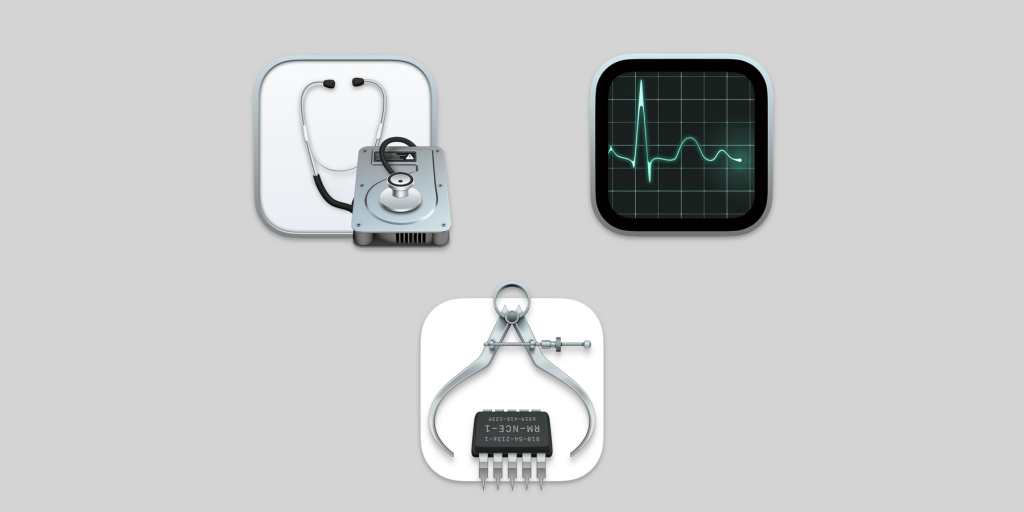
Clear your browsing history by choosing your browser and clicking “clear history and website data.” If you notice a suspicious link, delete it. Take the time to go through your history and data. Each time you allow an app to connect to different branches of your digital footprint, you hand over personal data and open yourself up to various new risks. In addition, if an app requests access to your contacts or connect to other apps in your digital ecosystem, decline. Instead of opting for “always-on” in an app’s permissions, change the setting, so it requires you to give the app permission every time. A great way to block malware is to make all accounts as private as possible and limit app permissions.

Does that link look suspicious? Phishing scams that load malware and viruses onto your devices often come in emails, text messages, or via your trusted social media circles. Slow down and notice your digital surroundings. A best practice is to stick to apps from the app store or verified associated app stores. Also, consider researching the app safeguards and reading reviews before installing. This means changing your factory settings immediately and getting your family on a schedule to change passwords. Every family device should have a strong password along with a unique username. Regular updates give you the latest security features, some of which have been developed to thwart specific attacks.
Mac runs slow has viruses update#
In addition to installing comprehensive security software to block malware and viruses, be sure to update your device’s security features. It may be a malicious app making purchases on your behalf or malware that’s grabbed your personal information to make fraudulent purchases. If you notice unauthorized charges on your credit card or banking statements, dig deeper. If you notice this cycle, change your passwords immediately and scan your devices for malware that may be working in the background on all devices. This can happen via email, and more commonly, via your social media accounts. It’s common for malware to gain access to your contacts list and then use your phone to send out messages to your friends-a powerful tactic designed to spread the malware to your contacts and their contacts and so on. And, if you take a closer look at your app library, you may even see app icons from apps you never downloaded. If your device is housing a malicious app or a virus, you may notice an increase in random pop-ups (more than usual).

An increase in random pop-ups and new apps.Overall performance remains sluggish no matter how many times you reboot or how many large files you delete. For instance, it may cause websites to load slower, it may cause apps to crash, or your battery may not hold a charge. Everything ‘feels off.’ Much like a human virus can impact our whole body, a digital virus can impact every area of a device’s performance.This may cause your device to be hot to the touch or even overheat.
Mac runs slow has viruses download#
When you accidentally download malware, your device’s internal components immediately begin working harder to support the malware or virus that’s been embedded.

So, be on the lookout for these tell-tale signs. The malware or virus may be working in the background sending usage details or sensitive information to a third party without disrupting other functions. However, with the types of malware and viruses now circulating, there’s a chance you may not even realize it. Often, if your device has been compromised, you know it. With Black Friday and Cyber Monday now at hand, we can count on even more new threats. McAfee Labs saw an average of 375 new threats per minute and a surge of hackers exploiting the pandemic through COVID-19 themed phishing campaigns, malicious apps, malware, and more. In addition, as reported by McAfee, cybercriminals have been quick to take advantage of the increase in pandemic connectivity throughout 2020. This reality makes it possible that one or more of your devices may have already been infected. But would you know it? Ho Ho Ho, Merry HackmasĪccording to 2021 statistics from the Identity Theft Resource Center (ITRC), the number of data breaches reported has soared by 17 percent over last year. The malware landscape is growing more complex by the minute, which means that no device under your family’s roof-be it Android, iPhone, PC, or Mac-is immune to an outside attack.


 0 kommentar(er)
0 kommentar(er)
